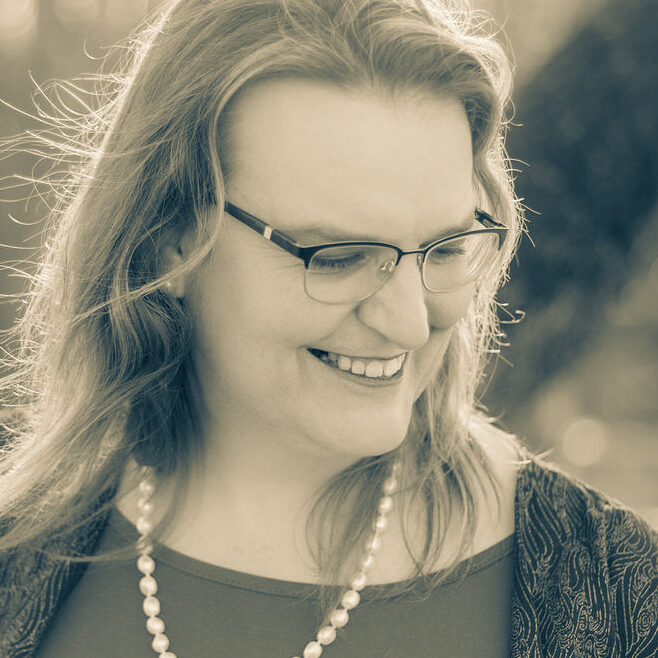I’m very pleased to announce that I am joining the wonderful team of Spiritual Directors at
Learn more about Spiritual Direction below or on the LeaderWise website.
(You can contact me through either source)
What is Spiritual Direction?
Spiritual Direction is an ancient practice, dating back to early iterations of Christian communities. It has also existed in other cultures and faiths by other names and has been practiced differently over the centuries. At its most basic level, the practice pairs a Sojourner – the “directee” – with a spiritual leader who has walked a similar path or, at the very least, has walked enough of a spiritual journey to be able to help navigate the path.
Modern technology has allowed us to shift the way the practice is managed. Historically geography was a key factor. Internet and teleconferencing have allowed a shift to focus more on common goals and experiences or areas of interest. While I’m willing to engage in conversation with anyone seeking spiritual growth, my focus tends to be on those who are redefining their spiritual lives after disappointing or outright harmful experiences with faith communities. I also do a great deal of work with LGBTQ people and allies as they navigate the integration of faith and sexuality.
Generally, the directee and director will meet periodically (weekly, every two weeks, once a month – whatever the circumstances dictate). This can be for a predetermined amount of time, until specific goals are met, or indefinitely.
Who can benefit from Spiritual Direction?
It is generally limited to people who are breathing. Beyond that, there are no limitations. Some specific groups I work with are college and seminary students, others in the process of discerning a call to ministry, parents of LGBTQ+ people, LGBTQ+ people, and anyone going through a reevaluation of their faith and spiritual life (aka “deconstruction” and “reconstruction”).
It should be noted that there is a difference between Spiritual Direction and therapy. While they can be done concurrently, I usually recommend taking on one at a time. If we come across issues that are more appropriate for therapy, we will discuss referrals and whether or not it’s best to hit pause or keep meeting. If you are not sure which you need at the moment, email me and we can set up a consultation.
How do I even get started?
If you are asking the question, you have already started. The next step is a simple email. We can set up a free consultation and see where we go from there.


